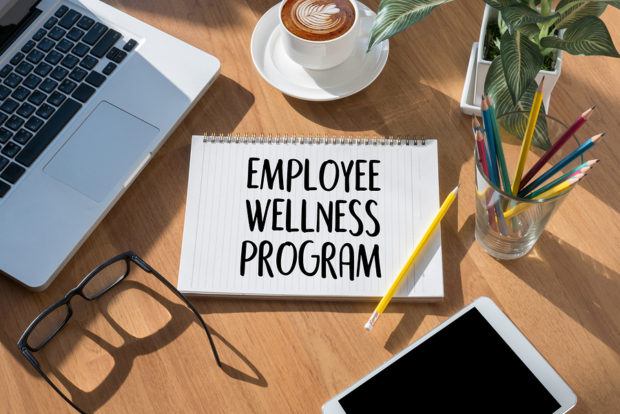More than one-third (39 percent) of American workers suffer from mental health issues, ranging from moderate mental distress to serious mental illness. And these issues are having a negative impact on workplace engagement, says a new study.
With 24 percent of those workers saying they’ve missed a day of work due to mental health issues, and 32 percent admitting they were less productive for 20-plus hours of their work time per week, companies need to start prioritizing employees’ mental health.
The study, conducted by Versta Research on behalf of The Standard, looked at more than 2,000 U.S. employees, across industries and generations. (Note: The study was conducted before the global pandemic.)
According to the research, the vast majority (91 percent) of U.S. workers believe companies should help employees with mental health or substance abuse issues—for example, by improving access to mental health services and support or providing work accommodations and flexibility. However, fewer than one-third say their employers are doing a good job supporting their behavioral health needs, and 73 percent say mental health is not talked about as a priority in their company.
This may explain why only 38 percent of workers say they are comfortable seeking help from their organizations. Employees are concerned about co-workers discovering their mental health issues and treating them differently, as well as the possibility of being passed over for promotions or other opportunities. Some employees (8 percent) even believe their companies would get rid of them for having mental health issues.
“Employers should be prioritizing mental health right alongside physical health,” Dan Jolivet, Workplace Possibilities practice consultant at The Standard, said in prepared remarks. “Fostering an environment of trust, modeling an attainable work-life balance, providing viable support options and educating workers on their employee benefits are valuable steps employers must take. Building a workplace culture that bolsters behavioral health is crucial, especially during this time of uncertainty and added stress we’re all experiencing.”





















 10 Do’s and Don’ts of a Smart ORSA Report
10 Do’s and Don’ts of a Smart ORSA Report  Why Claims AI Build vs. Buy Decisions So Often Miss the Mark
Why Claims AI Build vs. Buy Decisions So Often Miss the Mark  Is Risk the Main Ingredient in Ultra-Processed Food?
Is Risk the Main Ingredient in Ultra-Processed Food?  Viewpoint: Runoff Specialists Have Evolved Into Key Strategic Partners for Insurers
Viewpoint: Runoff Specialists Have Evolved Into Key Strategic Partners for Insurers 



